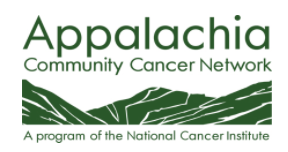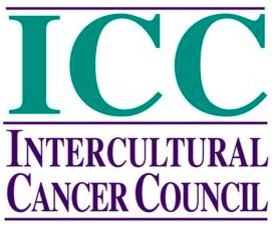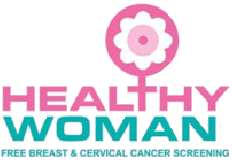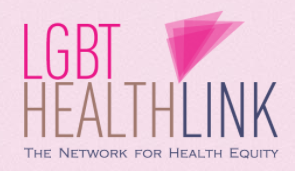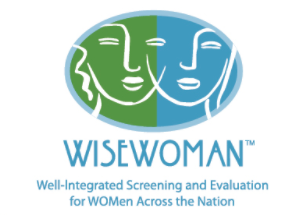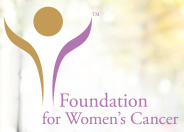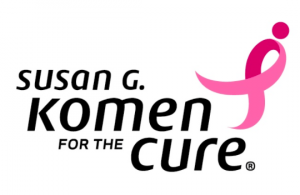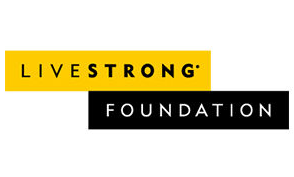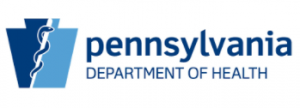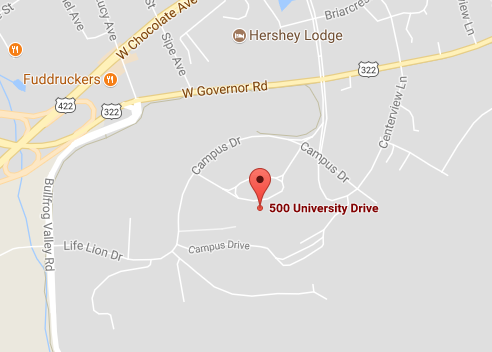Links below to data and information that may be helpful when applying for funding or when completing community assessments.
Resources to find credible data on cancer in the populations you work with:
African-American:
Latino-Hispanic:
Pennsylvania as a whole:
Programs, Coalitions, and Other Materials that have a variety of useful information:
Appalachia Community Cancer Network:
- A team of community partners and academic collaborators from Kentucky, Ohio, Pennsylvania, Virginia, and West Virginia working together to reduce cancer health disparities in the Appalachian region.
- Conducts community-based participatory research, education, and training activities to reduce the cancer burden in minority and underserved communities.
Association of Community Cancer Centers:
- Promotes quality cancer care for patients and communities.
- Developing an optimal care coordination model (OCCM) working to serve lung cancer patients on Medicaid and improve their access to care.
- A portal that gives access to data and resources to help planners, program staff, and researchers design, implement, and evaluate evidence-based cancer control programs, including Research-Tested Intervention Programs that can be adapted for target populations.
- A health statistics dissemination web tool that can be used to create customized data tables, charts, and maps for a wide variety of health-related data.
- An organization that promotes policies, programs, partnerships, and research to eliminate the unequal burden of cancer among racial and ethnic minorities and medically underserved populations in the US and its associated territories.
- Contains fact sheets that help target and understand specific populations.
- A free breast and cervical cancer early detection program of the Pennsylvania Department of Health, where it is funded through a grant from the Centers for Disease Control and Prevention.
- Free services provided for those eligible include: clinical breast examination, mammogram, pelvic examination and Pap smears, and follow-up diagnostic tests for an abnormal screening result.
- A website designed to improve health outcomes for Pennsylvanians by connecting communities, schools, organizations, and health teams.
- Raises awareness of healthy behaviors, shares data and resources, and offers a platform for idea generation and information exchange for groups to address health needs across the state.
- Has toolkits for HPV vaccination, lung cancer screening, and the LGBT population .
- The site contains Healthy Living Practices, a continuum of interventions that range from “new” or emerging programs to those best practice where outcomes have been formally evaluated.
- A community-driven network of experts and professionals enhancing LGBT health by reducing tobacco, cancer, and other health disparities.
- They link people and information to promote adoption of best practices in health departments and communities to reduce LGBT and cancer and tobacco disparities.
- Develops customized health information for specific populations, assuring high quality by standardizing the look and feel of materials and using evidence-based strategies recommended by the U.S. Centers for Disease Control and Prevention.
- Delivers industry-standard, production-ready files for print, web, and interactive applications.
Pennsylvania Office of Rural Health:
- Works with local state and federal partners to achieve equity in and access to quality health care for rural residents of Pennsylvania.
- Contains information on: continuing education, hospital and healthsystem initiatives, agricultural safety and health, population health data for rural counties, and oral health.
- Funded by the Federal Office of Rural Health Policy to be a national agency for the collection, classification, and distribution of information on rural health issues. They’re committed to supporting healthcare and population health in rural communities.
- Information on and resources for Patient Navigators
- Information on and resources for Community Health Workers
- Information on and resources for Health Educators
The George Washington University Cancer Institute also has developed a Patient Navigation Barriers Barriers and Outcomes Tool (PN-BOT), which is a free Excel-based data entry, data management, and reporting product that is designed for oncology patient navigation programs. It can be used to document, track, and generate reports on data including patient volume and demographics, cancer treatment profiles and timeliness of care, barriers to care, patient outcomes, and others.
- A program that helps women both understand and reduce their risk for heart disease and stroke by providing services to promote heart-healthy lifestyles.
- Works with low-income, uninsured, and underinsured women between ages 40 and 64.
- Technical assistance and guidance document.
Locations with cancer information:
Centers for Disease Control & Prevention
Lance Armstrong Livestrong Foundation
National Cancer Institute (NCI)

